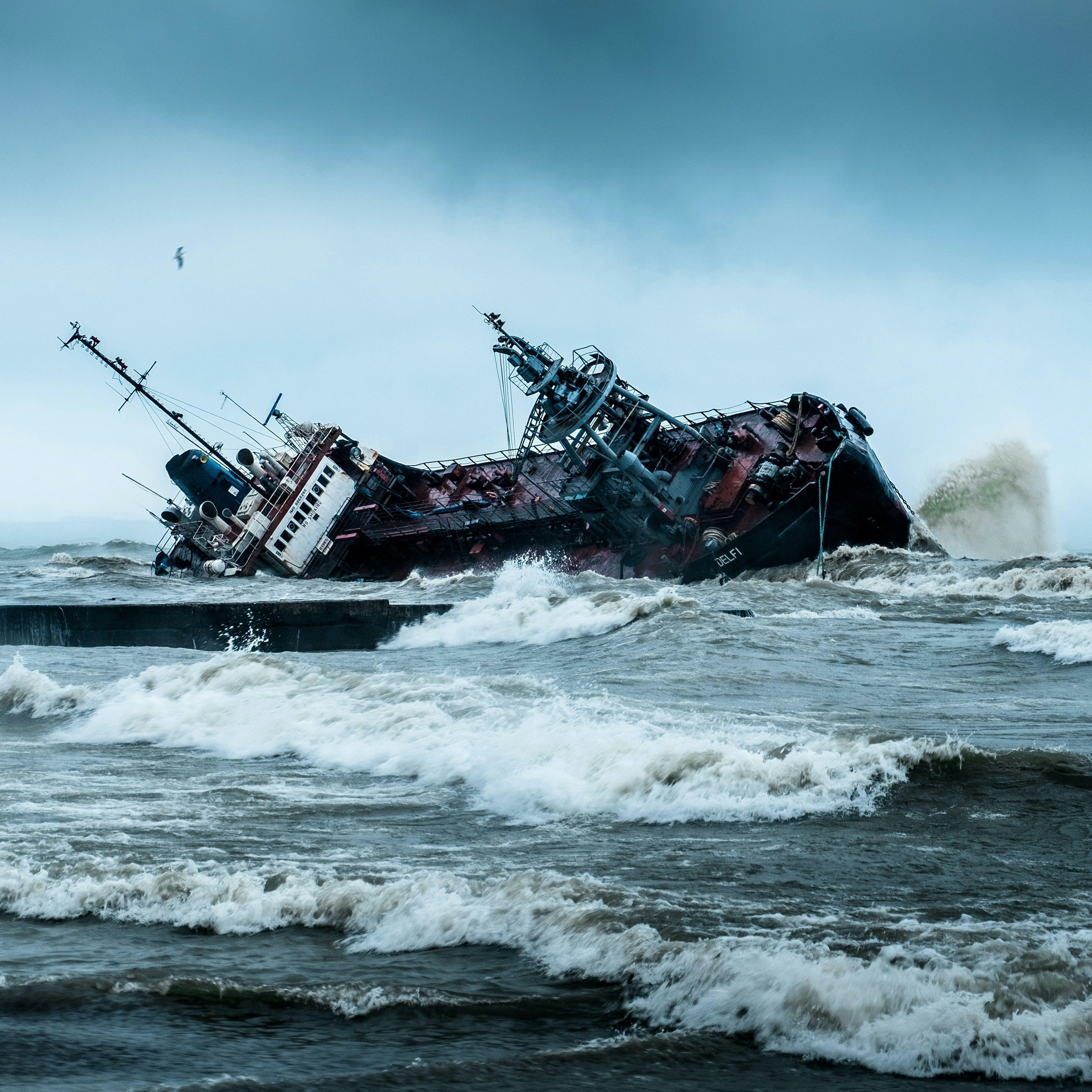Understanding Legal Preparedness for Hurricanes
Hurricane season in Florida brings a heightened sense of urgency to ensure communities and businesses are adequately prepared. While physical preparations like securing properties and having emergency supplies are crucial, equally important are the legal considerations surrounding hurricane preparedness and recovery. Addressing these legal aspects can save you significant time, resources, and potential headaches during and after a hurricane.
Insurance Coverage: A Critical Component
One of the foremost legal aspects to consider is your insurance coverage. Review your policies well in advance to ensure they encompass all potential risks associated with hurricanes. It’s essential to understand terms like windstorm coverage, flood insurance, and business interruption coverage. For a comprehensive guide on hurricane-related insurance policies, the Florida Office of Insurance Regulation provides valuable resources.
Emergency Plans and Legal Compliance
Developing a robust emergency response plan is imperative. Not only does this enhance safety, but it’s also a legal requirement in many cases. Businesses, particularly, need to comply with Occupational Safety and Health Administration (OSHA) standards to ensure employee safety during natural disasters. Having a well-documented plan that is regularly updated and compliant with local and federal regulations can mitigate legal risks.
Key Elements of an Emergency Response Plan
1. **Evacuation Procedures**: Establish clear evacuation routes and procedures. Ensure all employees are familiar with these protocols.
2. **Communication Strategies**: Define how you will communicate with employees, customers, and stakeholders. Utilize multiple channels like email, text messages, and social media.
3. **Training and Drills**: Regular training and hurricane drills can significantly improve preparedness and compliance. Check out our courses for specialized training programs.
Legal Aspects of Recovery and Reconstruction
Post-hurricane recovery involves various legal considerations. Rebuilding and repair efforts must comply with updated building codes and zoning laws, which can change following major hurricanes. Understanding these regulations beforehand can expedite recovery efforts and avoid legal pitfalls.
Contractor Agreements
When hiring contractors for repairs, ensure that all agreements are in writing and clearly outline the scope of work, timelines, and costs. Verify that the contractors are licensed and insured to protect against liability.
FEMA Assistance and Legal Aid
Individuals and businesses impacted by hurricanes may qualify for assistance from the Federal Emergency Management Agency (FEMA). Understanding the eligibility criteria and application process can facilitate access to much-needed funds. Visit the official FEMA website for detailed information.
Preparing Vulnerable Populations
Special legal considerations are necessary for vulnerable populations, including the elderly, disabled, and low-income families. Ensure that your community’s emergency plans include provisions for these groups. Coordination with local government agencies and non-profit organizations can enhance the support system for these vulnerable members.
The Role of Nonprofits in Legal Preparedness
Non-profits like HelpNow play a crucial role in educating communities about the legal aspects of hurricane preparedness. Through workshops, training sessions, and resources, we aim to provide comprehensive support to ensure all legal bases are covered. To learn more about our initiatives, visit our About page.
Conclusion
Hurricane preparedness involves more than just physical and logistical preparations; understanding and addressing the legal considerations are equally vital. From insurance coverage and emergency planning to recovery efforts and supporting vulnerable populations, these legal aspects can significantly influence the effectiveness of your hurricane response. By staying informed and proactive, you can safeguard your business, community, and personal assets against the devastating impacts of hurricanes.
For more resources on emergency preparedness and safety training, explore our blog and consider subscribing to stay updated with the latest insights and tips. Additionally, our courses offer detailed training programs to enhance your hurricane preparedness strategies. Stay safe and prepared this hurricane season!

